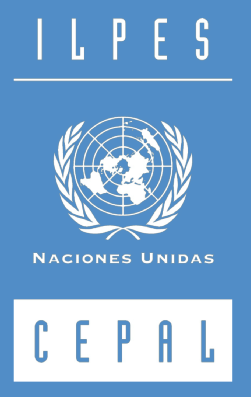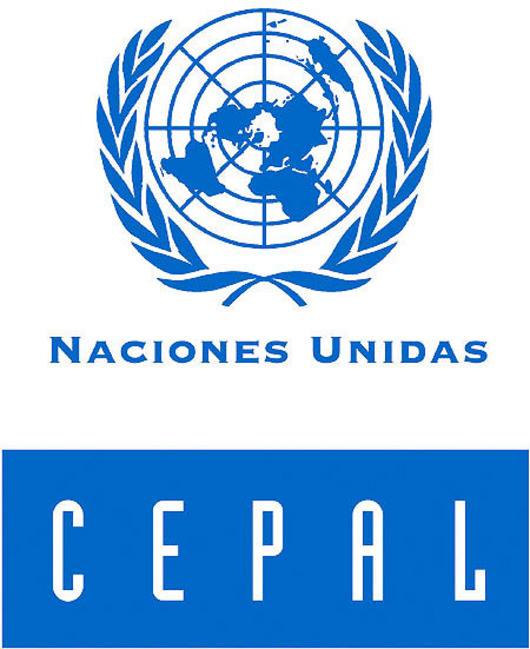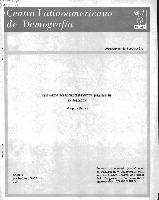Location
Also known as: Centro Latinoamericano y Caribeño de Demografía
The mission of ECLAC in the area of population and development is to increase and enhance the ability of the region’s countries to describe, analyse, comprehend and address population dynamics and their links to economic and social development, with a view to incorporating demographic factors into public policies and programmes, especially those aimed at reducing poverty and inequality. To achieve its strategic objective, the Division has received extensive support from organizations of the United Nations system, especially the United Nations Population Fund (UNFPA), and other donors.
The Latin American and Caribbean Demographic Centre (CELADE), which has been the Population Division of ECLAC since 1997, focuses on three areas: requests for assistance at the national level; regional issues (in particular the marked social, economic, ethnic and gender inequalities); and international agreements, principally the Programme of Action of the International Conference on Population and Development, the Montevideo Consensus on Population and Development, the Madrid International Plan of Action on Ageing, the San José Charter on the Rights of Older Persons in Latin America and the Caribbean and the Millennium Development Goals, which seek to improve people’s living conditions by enforcing their rights.
CELADE-Population Division of ECLAC, within the framework of the existing links between population and development, will continue to give priority to the following issues from a gender and human-rights perspective: determinants and consequences of demographic trends; sociodemographic inequities; maternal and child mortality; fertility and reproductive health; youth; ageing and older persons; indigenous peoples and Afro-descendent populations; international and internal migration; urbanization; sources of sociodemographic information (population censuses and vital statistics); and human resources training in the fields of demography and population and development.
A look back over the Centre’s history shows that the majority of professionals working on population issues in the region have passed through the classrooms of CELADE at one time or another, while all of the nations of Latin America and the Caribbean, as well as some from Africa and Asia, have received technical advisory missions composed of CELADE staff. It is clear that the research carried out by CELADE has substantially added to the corpus of knowledge on population and development issues in Latin America and the Caribbean.
Members:
Resources
Displaying 6 - 10 of 13La planificacion del desarrollo y la redistribucion espacial de la poblacion
Seminario sobre Redistribución Espacial de la Población
Desenvolvimento urbano no Brasil
Seminario sobre Redistribución Espacial de la Población
Seminarios sobre redistribucion espacial de la poblacion
Se pretende ofrecer a funcionarios de las oficinas de planificacion nacional de America Latina, la posibilidad de orientarse en estudios de poblacion y desarrollo relevantes para la planificacion regional y urbana, en particular en relacion a la distribucion espacial de la poblacion. Se planean tres seminarios, uno interdisciplinario y dos subregionales. El marco de referencia del primero alude al desarrollo economico y social y a los patrones de distribucion y redistribucion espacial de la poblacion.
Migraciones; articulos seleccionados
El primer trabajo concierne a las politicas de desarrollo regional y urbano y a un modelo de regionalizacion, analizados por el Departamento Nacional de Planeacion de Colombia. Enseguida, J.E. Araujo y A. Franco se refieren a algunas politicas agrarias que pueden retardar el crecimiento poblacional urbano, especialmente en el caso de America Latina. A. Bose aborda, luego, el desarrollo rural, la dispersion de industrias y la redistribucion de la poblacion en el marco de las politicas de poblacion destinadas a contener y reorientar los flujos migratorios. Finalmente, J.B.







